Kevin Winner
Species Distribution Modeling for Machine Learning Practitioners: A Review
Jul 03, 2021
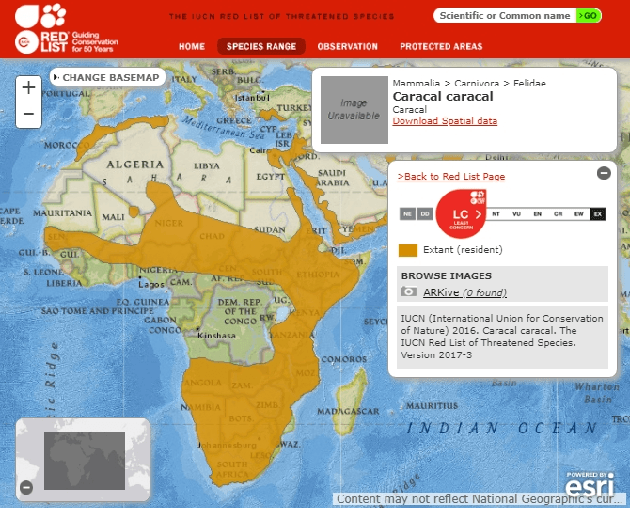

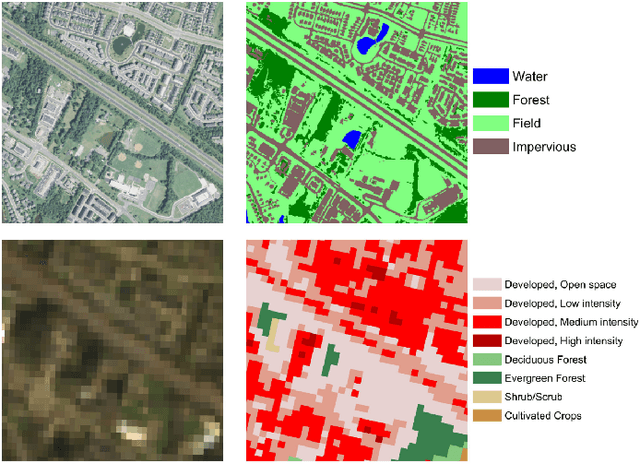
Abstract:Conservation science depends on an accurate understanding of what's happening in a given ecosystem. How many species live there? What is the makeup of the population? How is that changing over time? Species Distribution Modeling (SDM) seeks to predict the spatial (and sometimes temporal) patterns of species occurrence, i.e. where a species is likely to be found. The last few years have seen a surge of interest in applying powerful machine learning tools to challenging problems in ecology. Despite its considerable importance, SDM has received relatively little attention from the computer science community. Our goal in this work is to provide computer scientists with the necessary background to read the SDM literature and develop ecologically useful ML-based SDM algorithms. In particular, we introduce key SDM concepts and terminology, review standard models, discuss data availability, and highlight technical challenges and pitfalls.
Learning in Integer Latent Variable Models with Nested Automatic Differentiation
Jun 08, 2018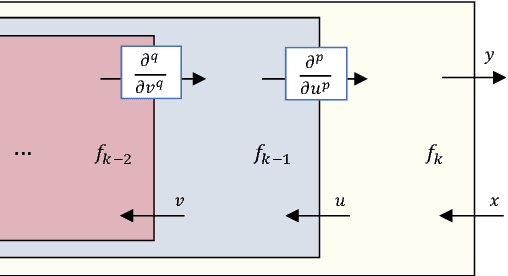
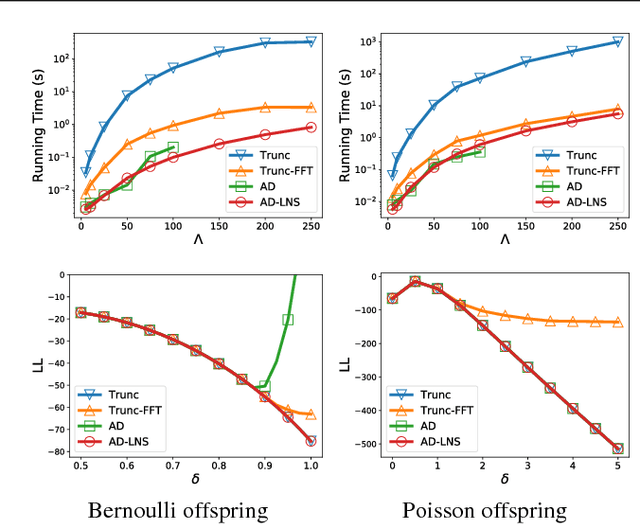
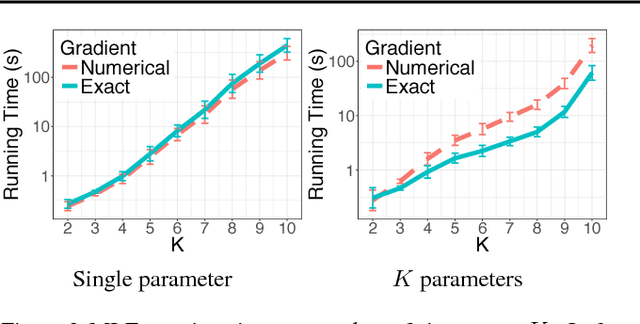
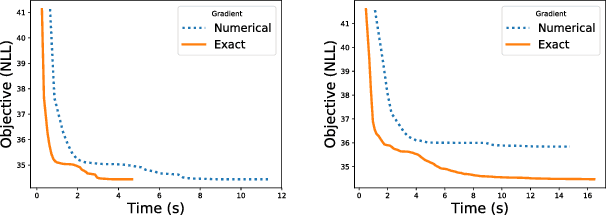
Abstract:We develop nested automatic differentiation (AD) algorithms for exact inference and learning in integer latent variable models. Recently, Winner, Sujono, and Sheldon showed how to reduce marginalization in a class of integer latent variable models to evaluating a probability generating function which contains many levels of nested high-order derivatives. We contribute faster and more stable AD algorithms for this challenging problem and a novel algorithm to compute exact gradients for learning. These contributions lead to significantly faster and more accurate learning algorithms, and are the first AD algorithms whose running time is polynomial in the number of levels of nesting.
 Add to Chrome
Add to Chrome Add to Firefox
Add to Firefox Add to Edge
Add to Edge